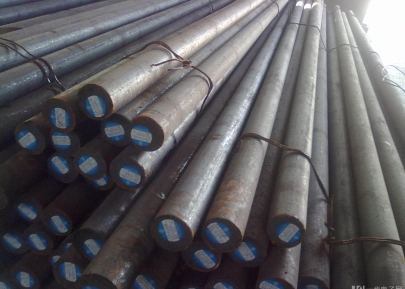Unveiling the Versatility of Copper Plates: From Art to Industry
Copper has been a fundamental element in various industries for centuries. Among its many uses, copper plates stand out due to their remarkable versatility. Whether it’s in art or practical applications like Base Shoe Molding, copper plates have proven to be invaluable. But what exactly is a copper plate? To understand its importance, let's delve into its uses, advantages, and more.
What is a Copper Plate?
A copper plate is simply a flat sheet made from copper metal. It is known for its malleability, conductivity, and durability, making it suitable for a variety of applications. These plates can be easily cut, shaped, and manipulated, which is why artists, manufacturers, and even engineers have employed it effectively throughout history.
Common Uses of Copper Plates
The applications of copper plates are diverse, ranging from artistic endeavors to industrial tasks. Here’s a list of the most common uses:
- Artistic Prints: Artists often utilize copper plates for etching and engraving, creating stunning and intricate designs.
- Electronics: Due to copper's excellent conductivity, these plates are essential in the manufacture of circuit boards.
- Architecture: Copper plates are also used in building facades, roofing, and rain gutters.
- Base Shoe Molding: In manufacturing, copper plates serve as molds, ensuring precision and quality in producing base shoes.
Benefits of Using Copper Plates
Copper plates have numerous benefits, which contribute to their popularity in various fields:
| Benefit | Description |
|---|---|
| Durability | Copper is resistant to corrosion and wear, ensuring longevity for any application. |
| Conductivity | Excellent electrical and thermal conductivity makes copper plates ideal for electronics. |
| Versatility | Can be easily shaped and molded to meet specific project requirements. |
How to Care for Copper Plates
Copper can tarnish over time, so proper care is essential to maintain its beauty and functionality. Here are some key points to keep in mind:
- Regular Cleaning: Wipe the copper plates with a soft cloth to remove dust and fingerprints.
- Use Mild Cleaners: Avoid harsh chemicals; instead, use mild soapy water for cleaning.
- Store Properly: Place copper plates in a dry environment to prevent oxidation.
Conclusion
In conclusion, copper plates are more than just pieces of metal; they represent a fusion of art and industry. With their versatile applications, particularly in artistic endeavors and industrial production, they continue to capture the imagination of users worldwide. From etching in fine art to serving as reliable molds in base shoe production, copper plates form an integral part of modern practices. As you explore the world of copper, consider how its properties can enhance your projects—whether you're an artist, engineer, or manufacturer.
FAQs
What are some typical thicknesses of copper plates?
Copper plates typically range from 0.2 mm to several millimeters in thickness, depending on the application.
Are there any eco-friendly options for copper plates?
Yes, recycled copper plates are available, providing an eco-friendly alternative without compromising quality.
Can copper plates be painted?
While it's possible to paint copper plates, ensuring proper surface preparation and using suitable paints is essential for lasting results.



